Paul Blount on EMS system staffing in rural Wisconsin
Cambridge Area EMS Chief Paul Blount explains why emergency medical service agencies in rural communities rely on full-time staff, part-time staff and on-call volunteers to provide ambulance coverage.
By Steven Potter | Here & Now
April 20, 2023
VIDEO TRANSCRIPT
Steven Potter:
What is the staffing for the Cambridge Area EMS?
Paul Blount:
We are unique, but we're not unique to, especially, rural Wisconsin and rural departments throughout the United States. We're considered a combination department. A combination department effectively is full-time members, part-time members, and volunteer paid on-call members. That would be the definition of a combination department. So we have several individuals that work here full-time, this is their full-time job and then some part-time members and then community volunteer paid on-call members. So makes us unique, again, not in rural Wisconsin. That is a pretty popular staffing strategy and what it does is help address the need for 24/7, 365 ambulance coverage. Approximately 20 years ago, in most communities, including Cambridge, the Cambridge and surrounding communities, you would've found largely volunteer organizations run by and staffed by all volunteers. Unfortunately, that's not possible anymore and so the combination model has become a popular solution.
Steven Potter:
Why is it that EMS systems in rural areas are largely volunteer based?
Paul Blount:
I think it had to do with 20 years, 30 years, 40 years ago, it started out that way, and, over time, you know, just the demands of life, the demands of family and the demands of full-time job, we weren't able to maintain that. I think that the communities that had that and continue to have that have found it increasingly challenging to be able to maintain that and to be able to maintain the staffing that would be adequate for an all volunteer department. Why has it changed and why was it that way 20 years ago? Again, multifaceted, just family demands, work demands and then just a struggle to just find people to do the job and to volunteer, especially, to do the job.
 Passport
Passport




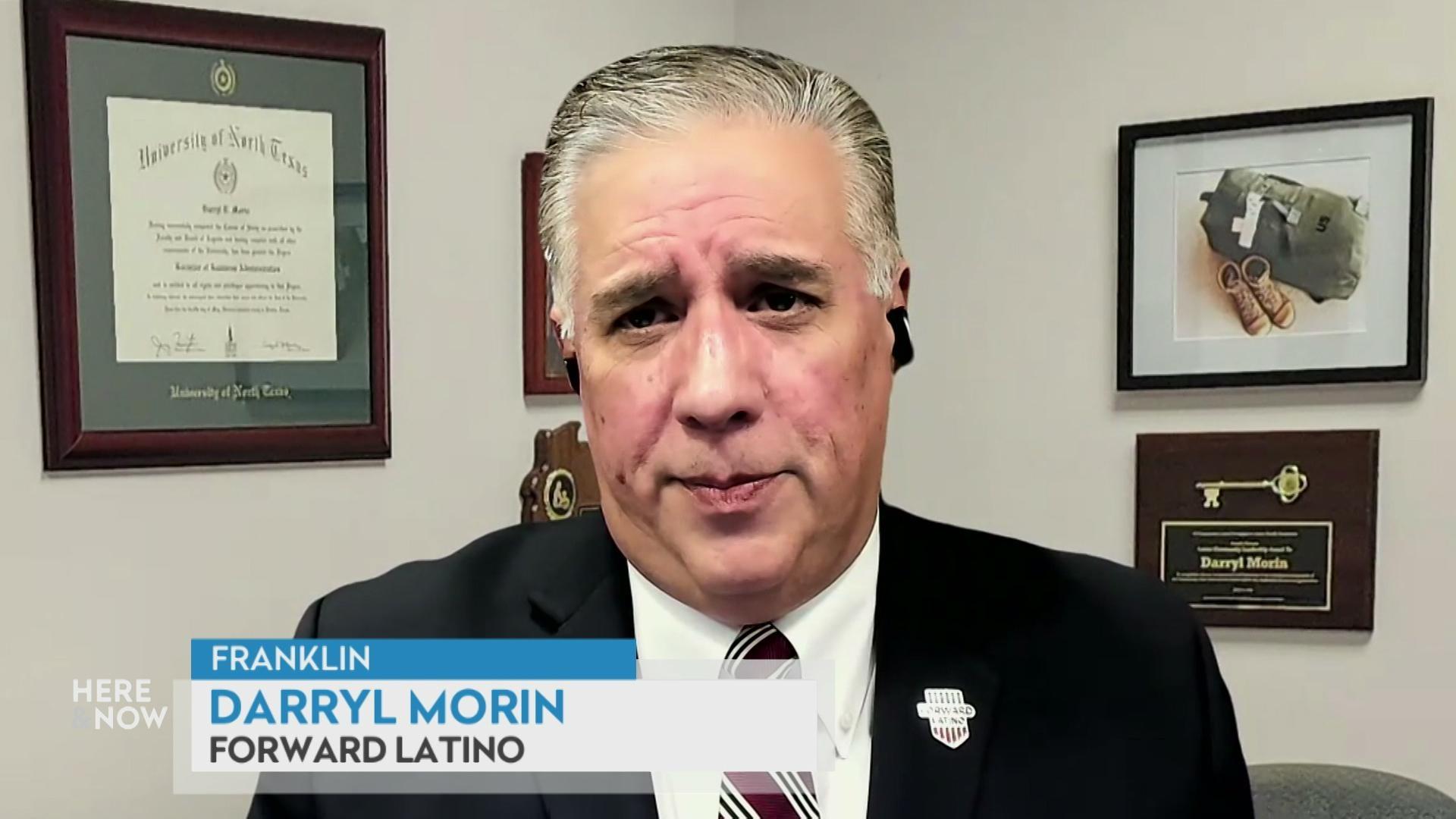
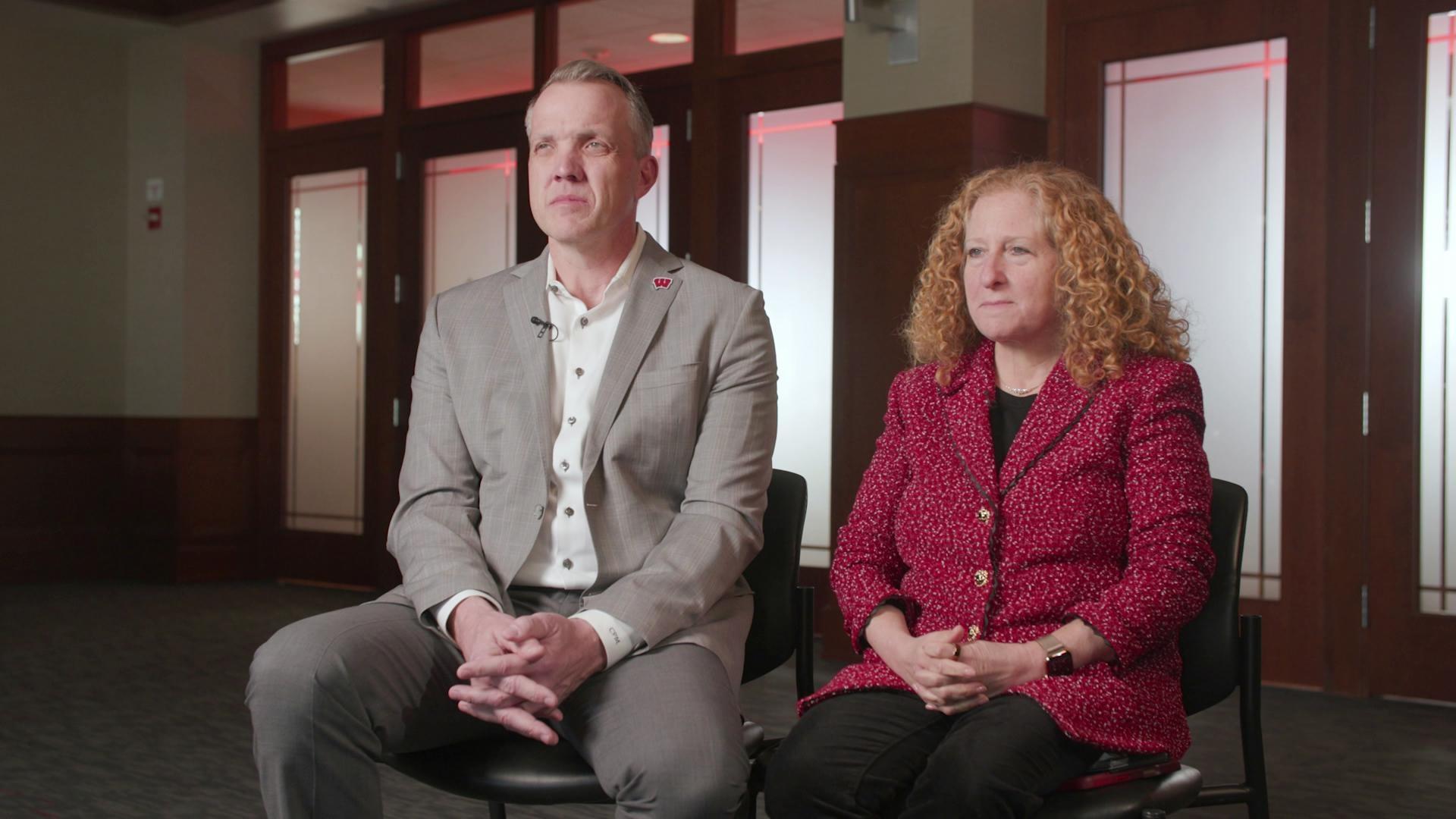
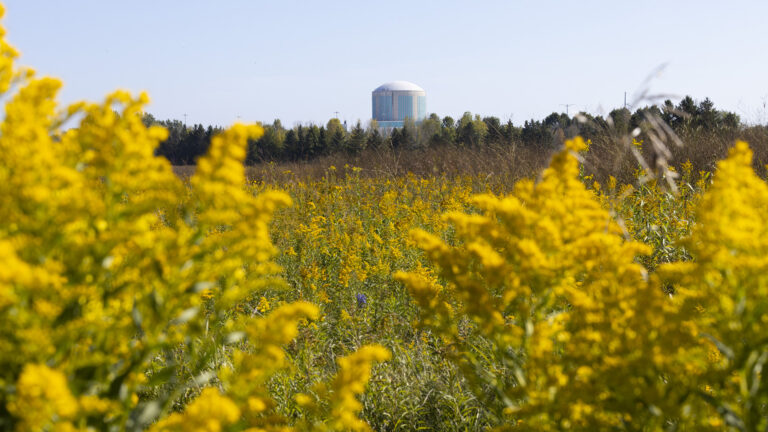
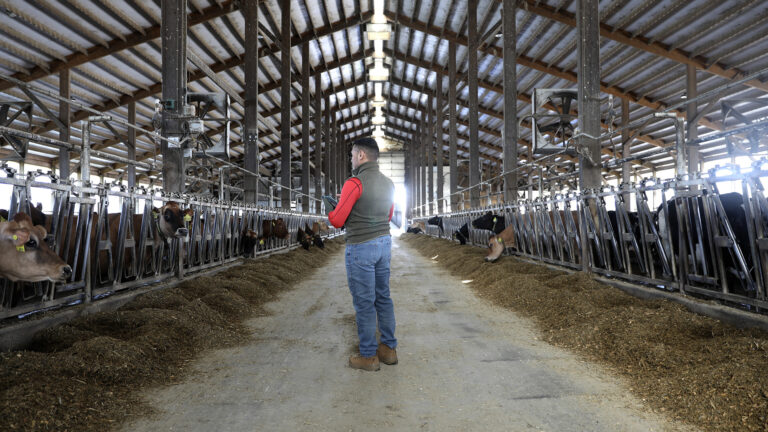

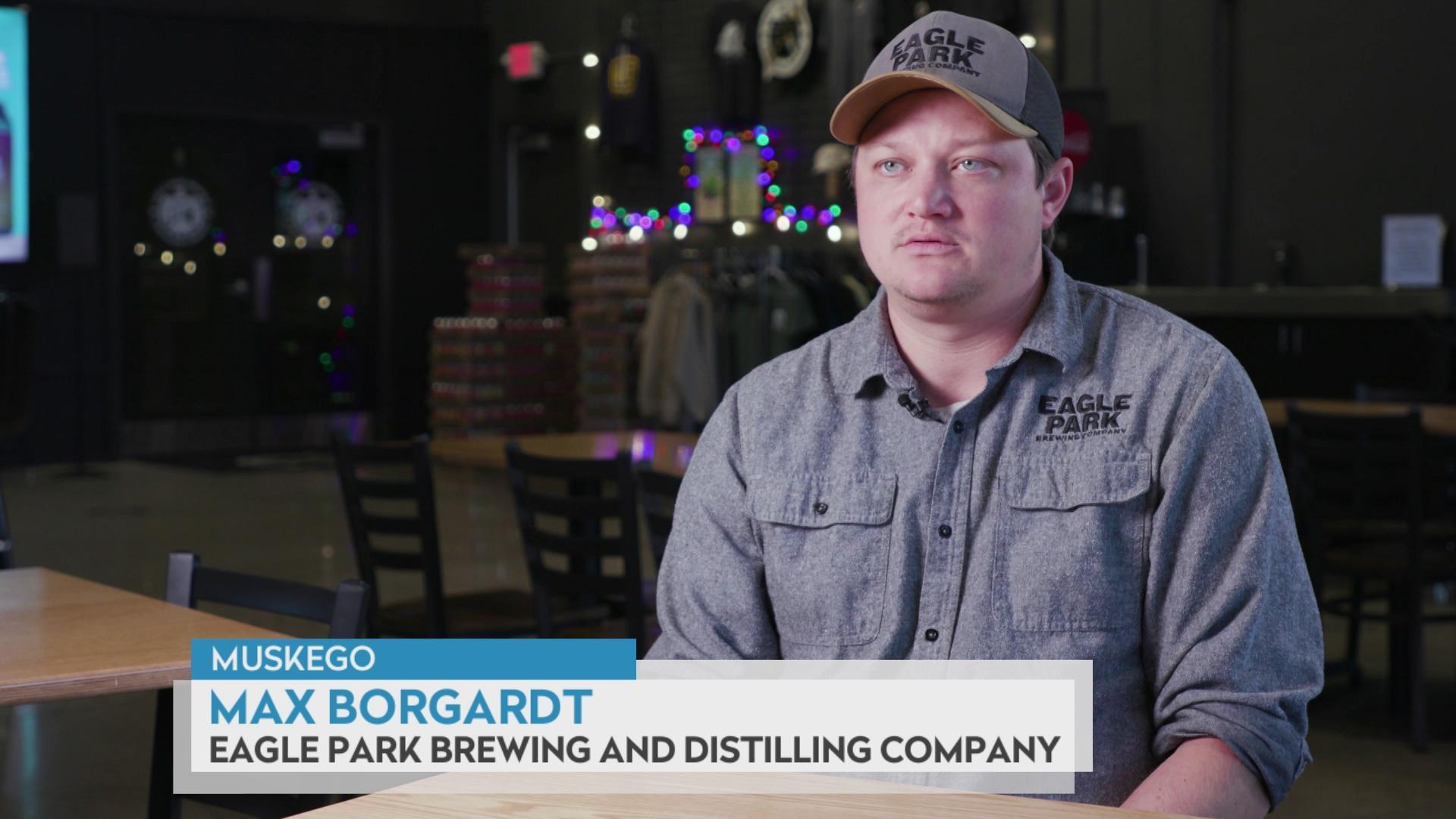

Follow Us